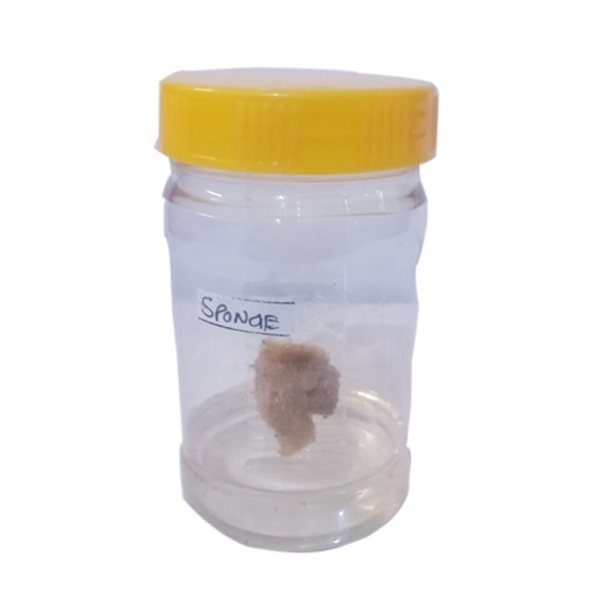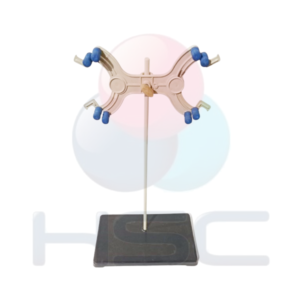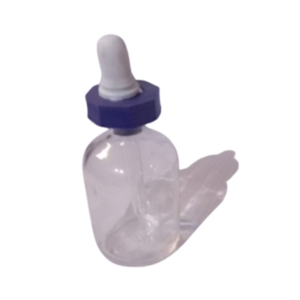Description
Specimens of Different Types in 400ml Plastic Jars – A Perfect Storage Solution
Introduction
Specimens of different all types in 400ml plastic jar play an essential role in scientific research, education, and laboratory analysis. Proper storage is necessary to maintain their integrity and longevity. A 400ml plastic jar serves as an efficient, durable, and secure option for preserving various types of specimens.
Designed with an airtight seal and chemical-resistant material, these jars offer protection against contamination. Whether used in biological studies, medical research, or industrial applications, they provide a practical and cost-effective solution for specimen preservation.
Types of Specimens Stored in 400ml Plastic Jars
Specimens vary depending on the field of study. Some of the most commonly stored types include:
1. Biological Specimens
Preserving biological samples is crucial for medical and scientific research. Some of the most commonly stored specimens include:
- Tissue Samples – Frequently used in genetic and medical studies.
- Organs – Stored for anatomical research and pathology analysis.
- Insects – Often preserved for entomological studies.
2. Botanical Specimens
Botanical samples require proper preservation for research and study. These may include:
- Leaves and Flowers – Collected for taxonomic identification and botanical research.
- Seeds and Fruits – Stored for agricultural and genetic studies.
- Algae and Fungi – Often preserved for microbiological examinations.
3. Chemical and Industrial Specimens
In chemical and industrial fields, sample preservation is necessary for analysis. Some examples include:
- Powdered Compounds – Used in pharmaceutical and chemical research.
- Liquid Solutions – Essential for laboratory testing and experimentation.
- Polymer Samples – Stored for material science studies and quality testing.
4. Marine and Aquatic Specimens
Marine biology and environmental studies rely on proper specimen preservation. Frequently stored samples include:
- Small Fish and Amphibians – Used in ecological and zoological research.
- Coral Fragments – Collected for marine biology studies.
- Plankton and Microorganisms – Essential for environmental monitoring and biodiversity research.
Advantages of Using a 400ml Plastic Jar for Specimen Storage
1. Durable and Chemical-Resistant
High-quality plastic ensures long-lasting storage. Since plastic jars are shatterproof and chemical-resistant, they provide a safer alternative to glass containers.
2. Airtight and Leak-Proof Design
A secure lid and airtight seal prevent contamination and evaporation. As a result, specimens remain well-preserved and uncontaminated for extended periods.
3. Lightweight and Portable
Compared to glass containers, plastic jars are lightweight and easy to transport. Field researchers and students can carry them conveniently without worrying about breakage.
4. Cost-Effective and Reusable
Plastic jars offer a budget-friendly alternative to glass containers. Additionally, they are reusable and easy to clean, making them an economical option for long-term storage.
5. Transparent for Easy Observation
A clear plastic body allows visual inspection of specimens without the need to open the jar. This feature makes monitoring changes in the specimen’s condition easier.
Best Practices for Storing Specimens in a 400ml Plastic Jar
1. Preparing the Specimen
Before storage, proper preparation ensures longevity. Follow these essential steps:
2. Choosing the Right Preservation Method
Different specimens require specific preservation techniques to maintain their structure and composition. Some common methods include:
- Wet Preservation – Used for biological specimens by submerging them in ethanol or formaldehyde.
- Dry Preservation – Commonly applied to plant materials and certain insects.
- Encapsulation in Resin – Ideal for preserving delicate specimens while maintaining visibility.
3. Proper Storage Conditions
To ensure specimen longevity, it is important to store jars under suitable conditions:
- Keep in a cool, dry place to prevent degradation.
- Avoid direct sunlight to reduce the risk of discoloration.
- Ensure jars are tightly sealed to prevent evaporation and contamination.
Applications of Specimens Stored in 400ml Plastic Jars
1. Scientific Research and Laboratories
In scientific research, accurate specimen storage is essential. Laboratories across multiple disciplines, including biology, chemistry, and medicine, depend on well-preserved samples for reliable results.
2. Educational Institutions and Museums
Universities, schools, and museums use specimens for teaching and display purposes. By studying preserved samples, students and visitors gain hands-on learning experiences that enhance their understanding of various subjects.
3. Environmental and Conservation Studies
Researchers working on climate change, pollution, and biodiversity studies rely on stored specimens for long-term analysis. These samples help in tracking ecological changes and species evolution over time.
4. Pharmaceutical and Medical Research
Tissue samples, chemical compounds, and microbial cultures are essential for drug development and medical research. Proper storage prevents degradation and ensures sample viability.
Conclusion
A 400ml plastic jar provides an efficient and practical solution for preserving specimens across various fields. Whether used for scientific research, education, environmental studies, or medical applications, these jars offer durability, convenience, and affordability.
. If you are searching for a reliable storage solution, consider using 400ml plastic jars for a safe and long-lasting preservation system.
![]()





Reviews
There are no reviews yet.